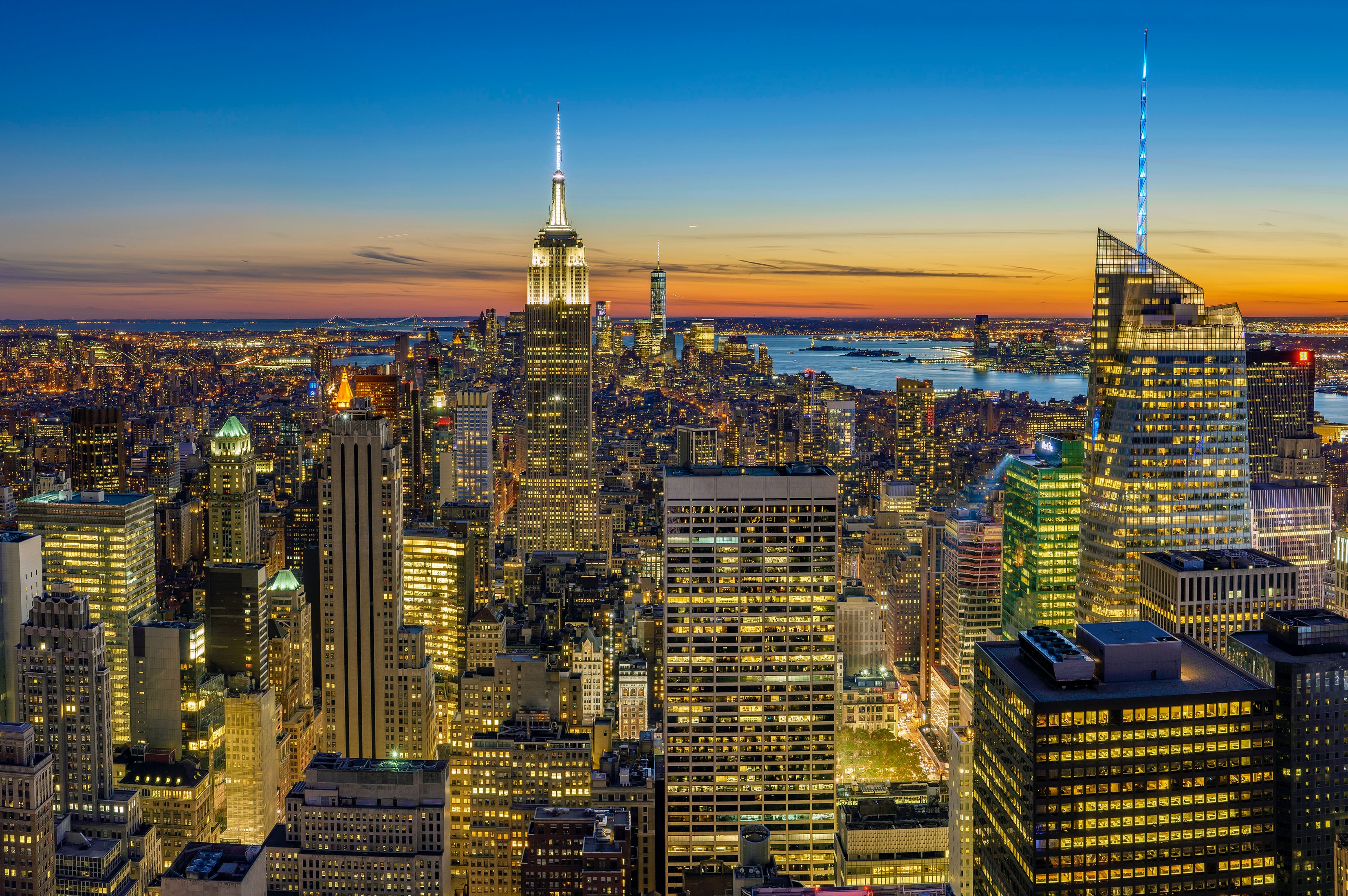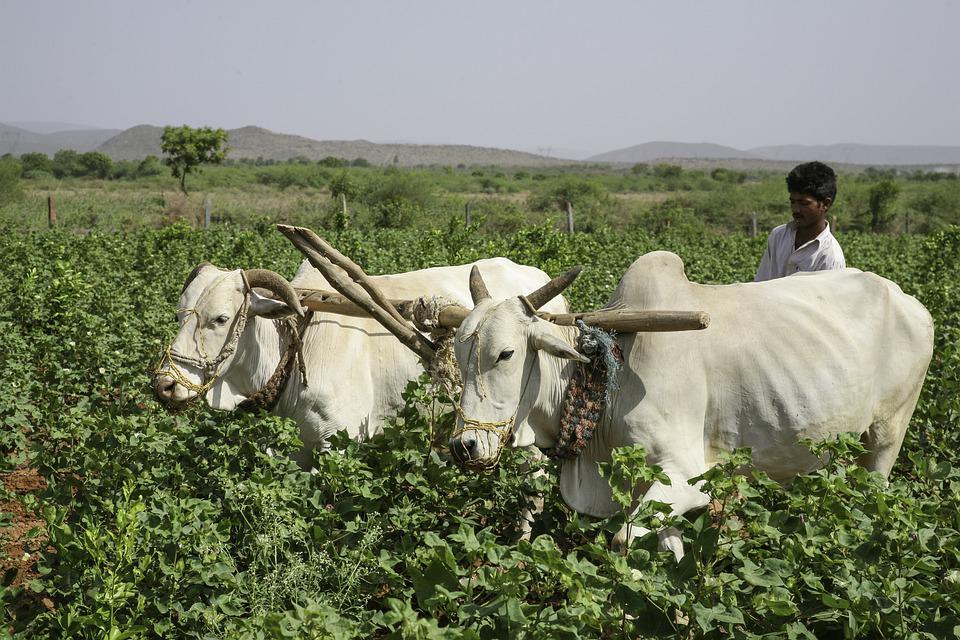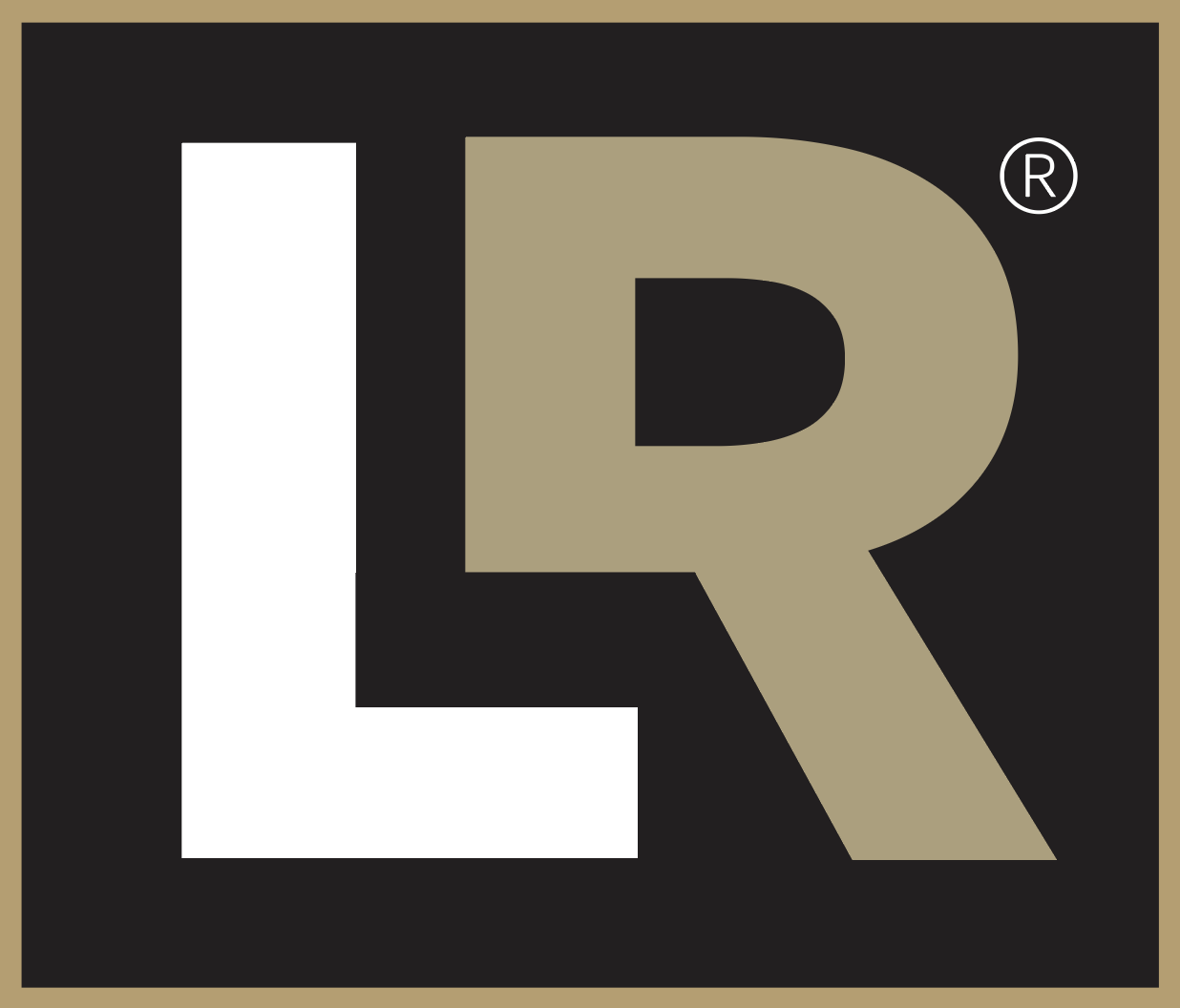Tying it together: Saving the Future

Tying it together: Saving the Future
I was out gathering grass clippings for garden mulch the other day when a friend and frequent reader hit me up with an idea for a post. “Are we really doomed?” he asked. “What if we were able to get our fossil fuel use under control, or fix the environment? What would it take to make a big enough difference?” Years of writing flashed through my mind, bite-sized chunks that seem like separate and unrelated issues instead of facets of the same predicament. Maybe I should start tying it together, I thought, so the interconnectedness of it all would be more clear. Only by seeing the whole picture can we make the best possible choices to save the future.Let's start with fossil fuels. They do civilization's heavy lifting. Oil powers our transportation, makes megacities and suburbia possible, provides fertilizer to feed our population, and everything plastic you could ever imagine, from toys and medical gear to keyboards and “sustainable” vegan leather. Being able to rely not only on today's sunlight to power our society in the form of wood heat, grass-fueled draft animals, and our own muscle power enabled us to expand our prosperity and ease to levels unimaginable to our early ancestors.At the same time, two things, both bad, have resulted from this energy orgy. First, rising consumption means that we've sucked up more resources than can be easily renewed, in terms of soil fertility, forests, fisheries, mining, and more. Second, we've befouled the living world, filling the oceans (and us) with plastic, mine runoff turns rivers toxic, nitrogen fertilizer creates huge dead zones downstream, soil has eroded away, and treating the atmosphere like a vast open sewer turned it into a heat-filled blanket, itself a cause of present and future disasters. Tying it together means we're in a real fix.Because unsustainable situations will eventually no longer be sustained, these problems will eventually self-correct, but what would it take to limit our consumption before the famines, monster storms, flooded coastlines and river plains, and resulting migration catch up with us? And what would daily life look like if we lived within our natural means?Ay, there's the rub.To get our fossil fuel addiction under control, we'd have to look at the root causes of why we use and consume so much. For one, a certain level of consumption is systemic, even mandated by law. Many municipalities mandate connections to the electric grid, water and sewer systems. Building codes may require manufactured components. Live too simply, too sustainably, and you risk having your kids taken away for abuse and neglect.
 This might be sustainable. Photo by MOHANN, courtesy of Pixabay.com.
This might be sustainable. Photo by MOHANN, courtesy of Pixabay.com.
Related:
Stop the Collapse
Market Corrections: Oil and Dating
Cannibalizing the Future
Gold King Mine: Animus over the Animas
Other Fish in the Sea, but Not for Long
Needing the Forest for the Trees
Madness Takes its Toll
So, About Those 100 Companies…
Climate Change is Already Happening
When the Climate Migration Crisis Comes
Whose Fault is Climate Change?
Who’s Right, the IPCC Report or Trump?
The Green New Deal Resolution, Unveiled
The Point of Diminishing Returns
Trump and the Infrastructure Trap
Rural America: Our Past or Our Future?
The Rag and Bone Man
Corn, Water, & Big Ag’s Immunity Problem
Too Much, Too Little, Too Late
On the Necessity of Land Reform
Decentralize the Food System – For Good
Extraction Has Victims
Microplastic is Everywhere (Even in You)
Ghost Acres
Low-Wage Jobs are the New American Normal
Where Did The Prosperity Go?
The Future Is Fascist, Unless We Act Now
Stop Flying!
Market Corrections Happen in Nature
We’ll Never Count All the Externalities
On Poop and Politics
Carrying Capacity Still Matters Today
So You Want to Start a COVID Farm?
Sources:
How I Came To Believe That Civilization Is Unsustainable
How Fashion Giants Recast Plastic as Good for the Planet
Energy Slaves: every American has somewhere between 200 and 8,000 energy slaves
Is it Illegal to Live Off-Grid in the United States?
‘Off-the-Grid’ Parents Lose Custody of 10 Kids
Ecological Footprint
We Would Need 5 Earths If The Entire World Lived As Americans Do
The World is Not Enough
The Great Simplification
When Renewables Are Not Renewable
The Scientist Who Saved and Killed Millions of People
Girl Power: Great for People – Great for the Planet
Catton, William R. Overshoot: The Ecological Basis of Revolutionary Change. Urbana: U of Illinois, 1982. Print.

About Dawn Allen
Dawn Allen is a freelance writer and editor who is passionate about sustainability, political economy, gardening, traditional craftwork, and simple living. She and her husband are currently renovating a rural homestead in southeastern Michigan.
